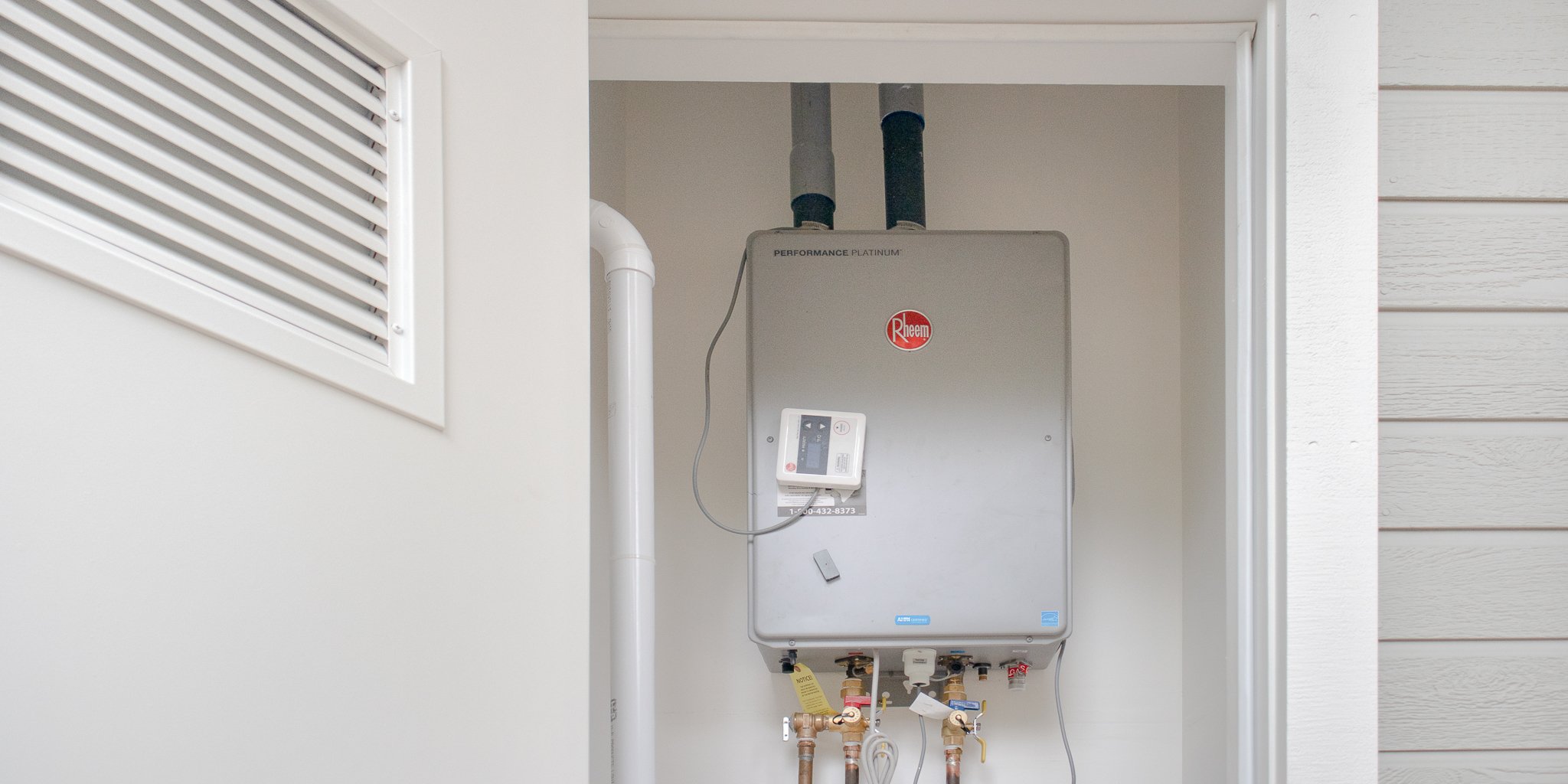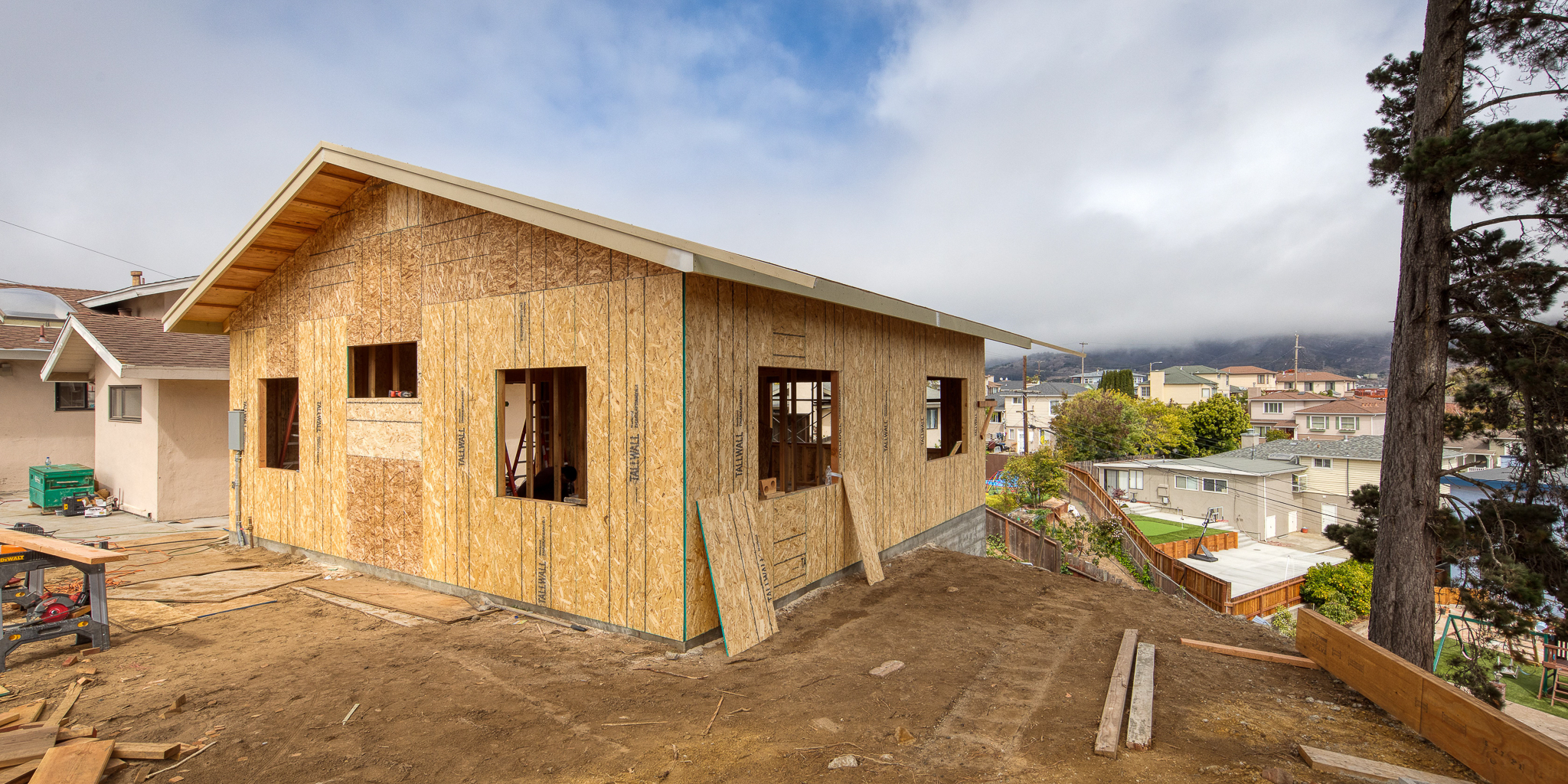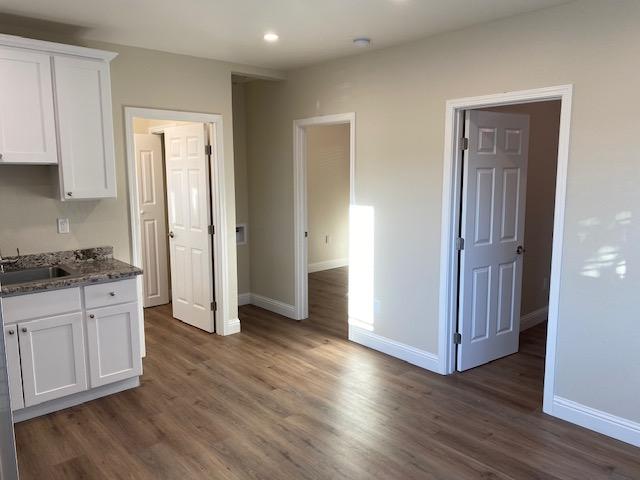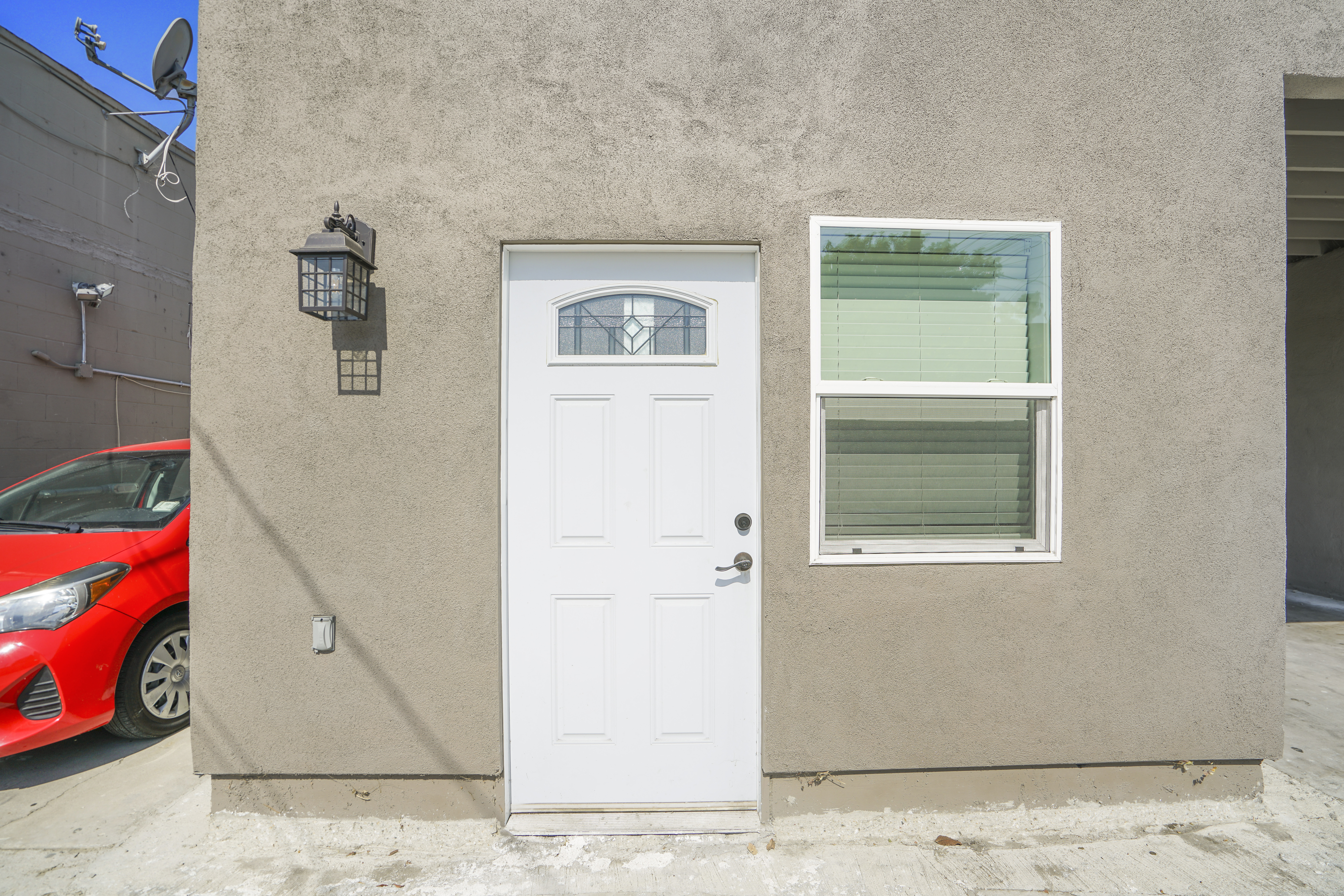Selecting a water heater and furnace when building an ADU
All Accessory Dwelling Units (ADUs) are required to have a source of heat and hot water but in mind that many cities are limiting new natural gas hookups so many new ADUs are required to use electric heating, cooling, and hybrid water heaters. In cities where new natural gas hookups are limited or you are looking for an all electric system, a high efficiency heat pump water heater may be allowed. Otherwise you might be limited to a mini-split heat pump system so long as it meets energy standards. Keep in mind that any traditional tank system must be insulated and housed in a closet, which will take up additional space.
Here's information about the most common hot water heater solutions for ADUs.
Water heater:
-
Traditional tank type: These are inexpensive but cannot be outdoors. For an ADU this means it will either need a space within the unit or a mechanical closet attached to the structure. Because of energy regulations these systems are not allowed to be all electric.
-
Tankless on-demand: These are more expensive than the traditional tank type but the upside is that they can be installed on an exterior wall so they don't take up valuable interior space. Most tankless on-demand tanks require natural gas to produce enough heat to compare to a traditional hot-water tank.

Heat source:
-
Wall furnace: These wall insert heaters are generally compact and inexpensive but only service there room where they're located.
-
Forced air furnace: Traditional HVAC systems require a dedicated space such as a mechanical closet and ductwork to be routed to every room where heat is wanted.
Electric:
Your options are limited to a mini-split (for heat) and a hybrid electric tank (for hot water). That's it! Now you're probably thinking, "there are definitely other options such as electric baseboard heaters and tankless on-demand water heaters" and you are correct. The problem is that they're not allowed under the strict California energy codes.
Natural Gas:
First and foremost, be aware that many jurisdictions in California are not allowing new natural gas connections (Berkeley, San Jose, to name two). Even if the primary dwelling unit has natural gas it doesn't necessarily mean the ADU can. If your ADU is going to be in one of these areas then it will need to rely entirely on electricity. If you have the choice to use natural gas you'll have a few more options. But, keep in mind that although the price of gas appliances might be appealing, the cost to install a new gas connection and/or meter can be expensive. Many people decide to do all electric once they encounter the fees associate with natural gas.
One Last Option...
You can utilize the existing heat source and water heater that service the primary dwelling unit. This isn't always feasible or desirable. If you plan on renting the ADU you might want separate appliances for billing reasons. Or if the the ADU is detached from the primary building it usually doesn't make sense to run insulated water lines or ductwork.


